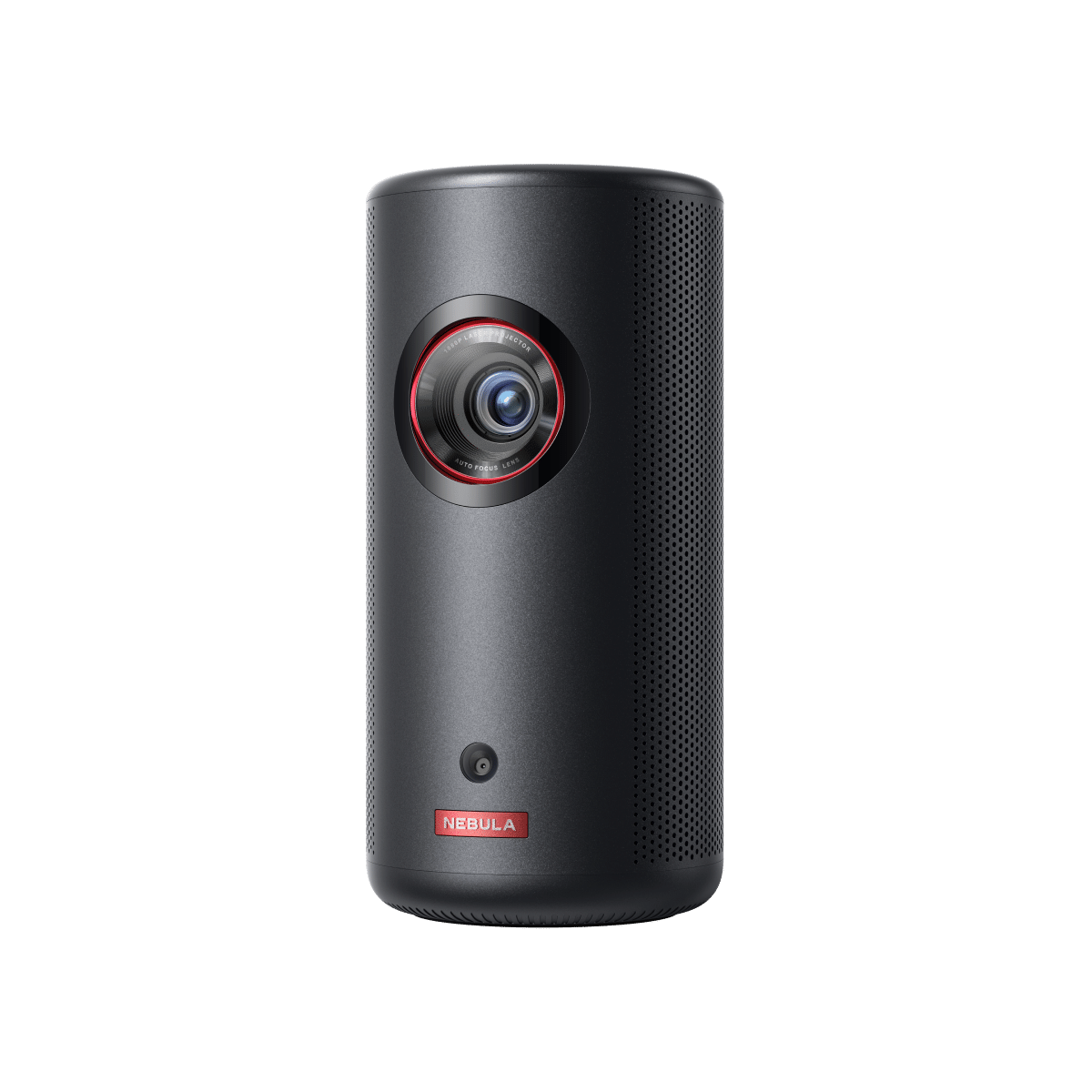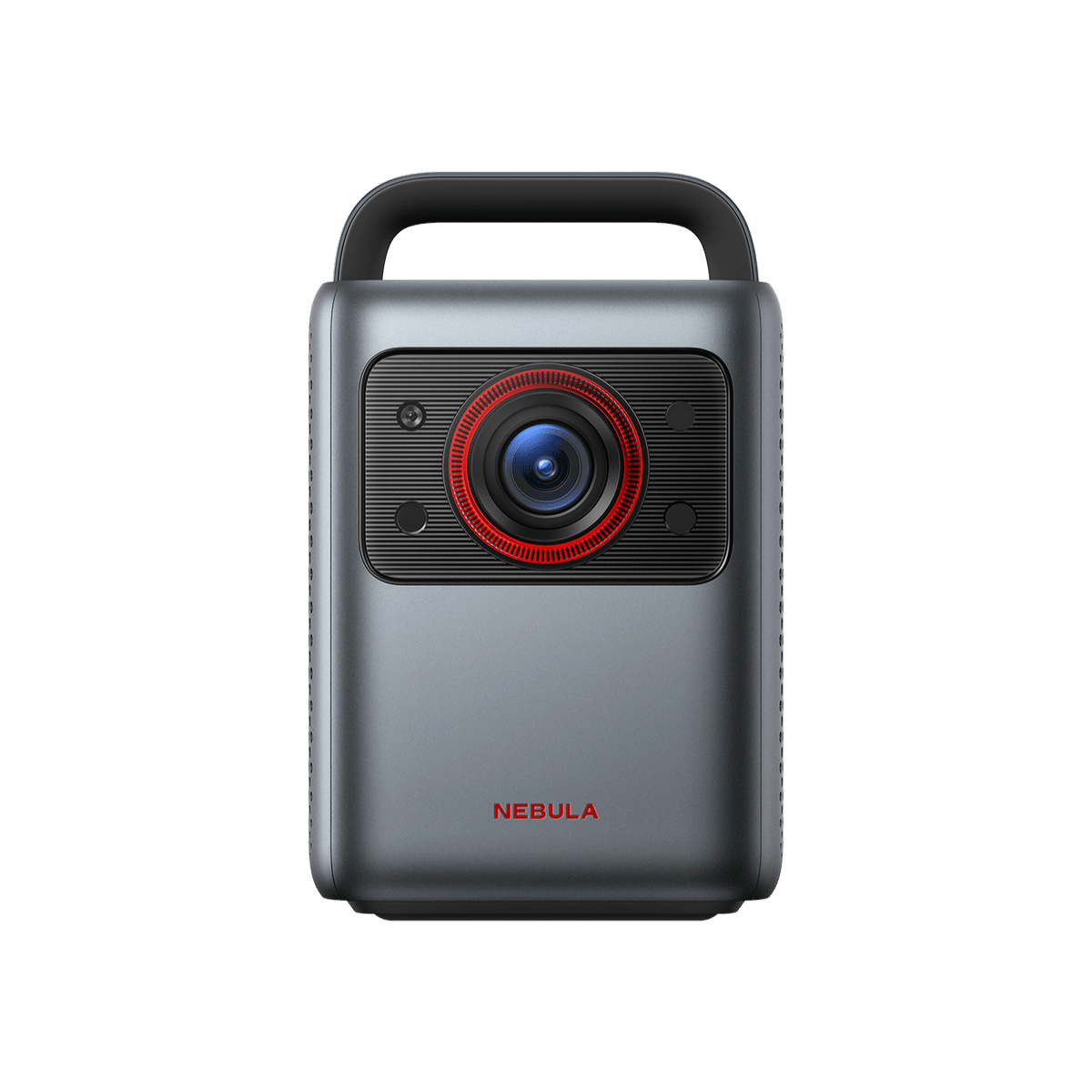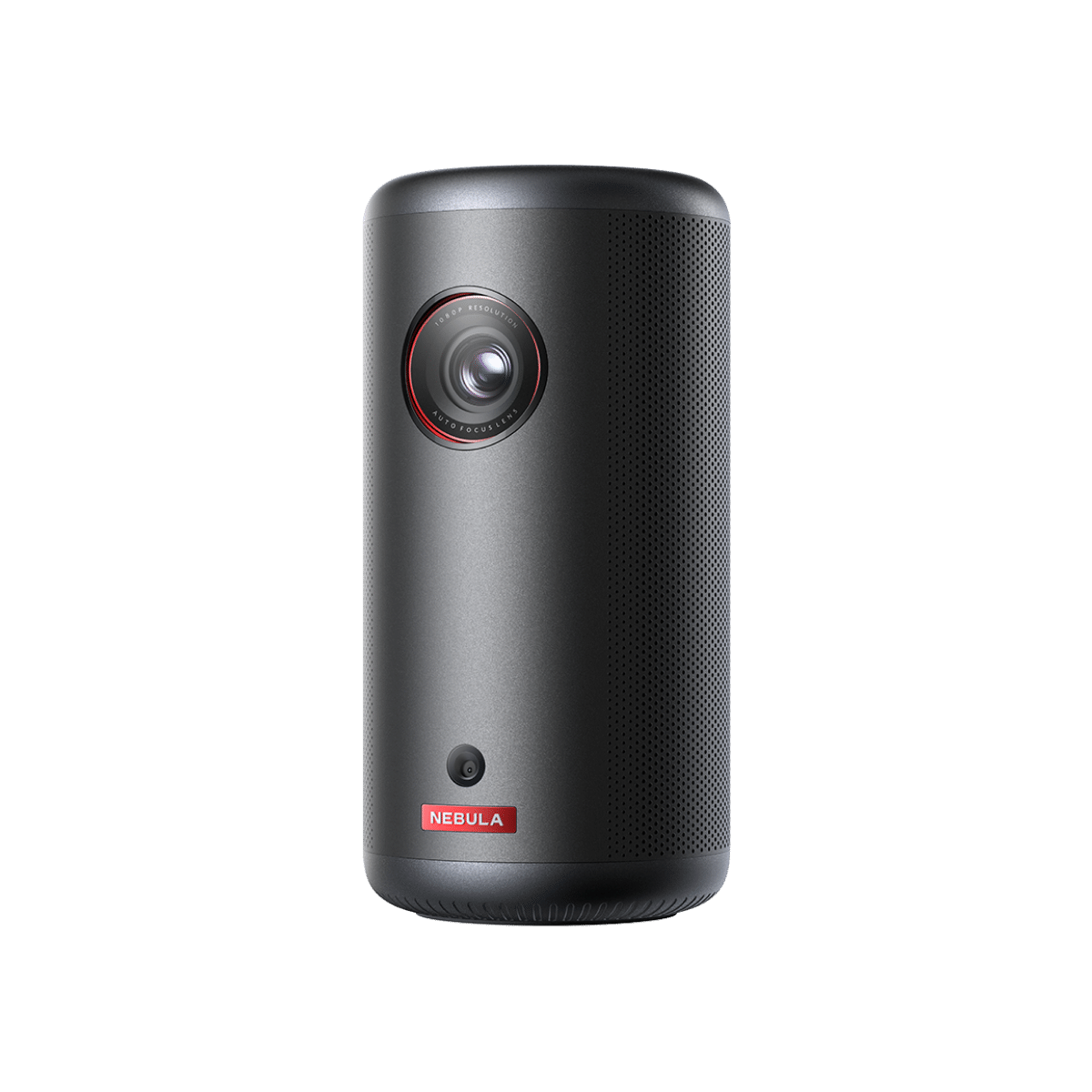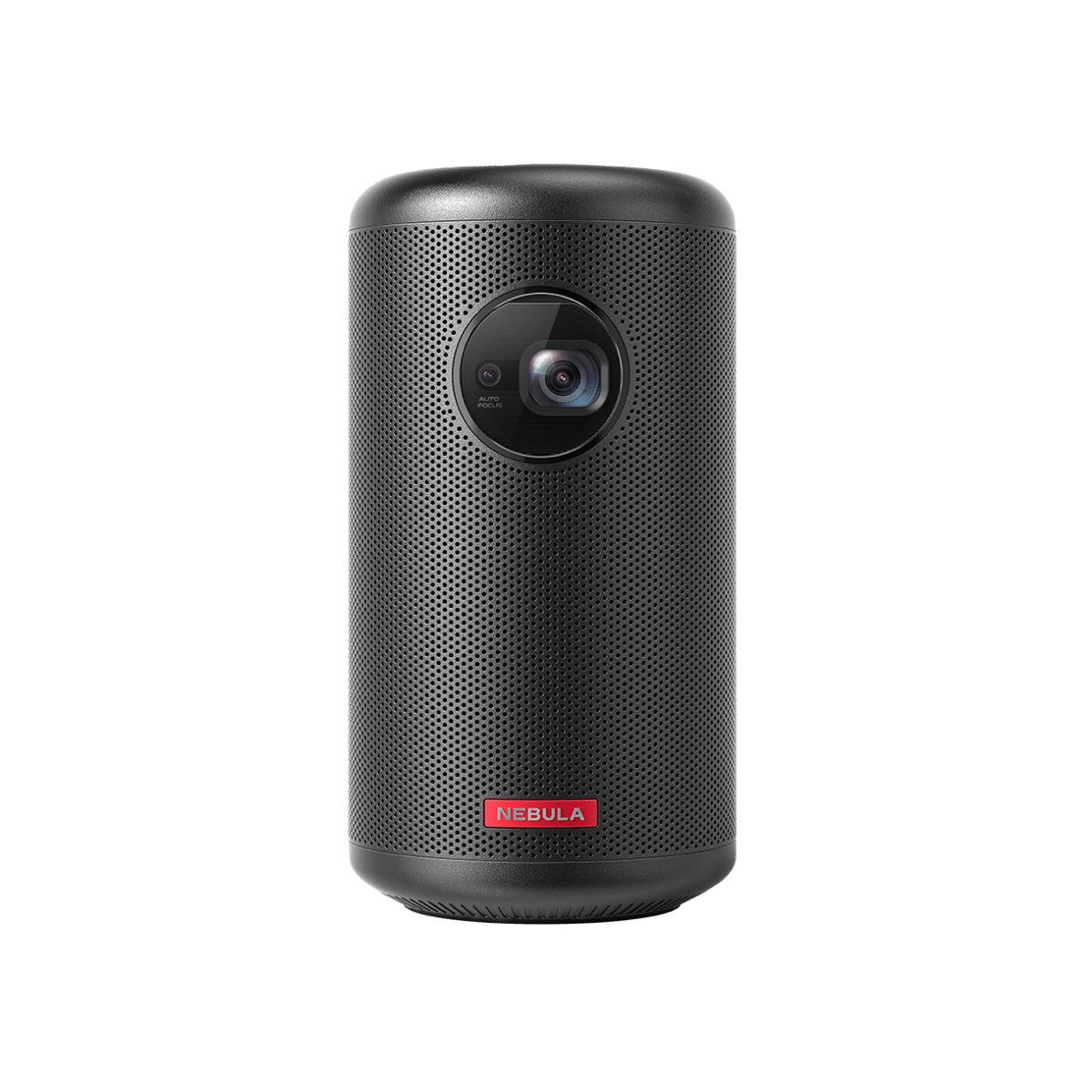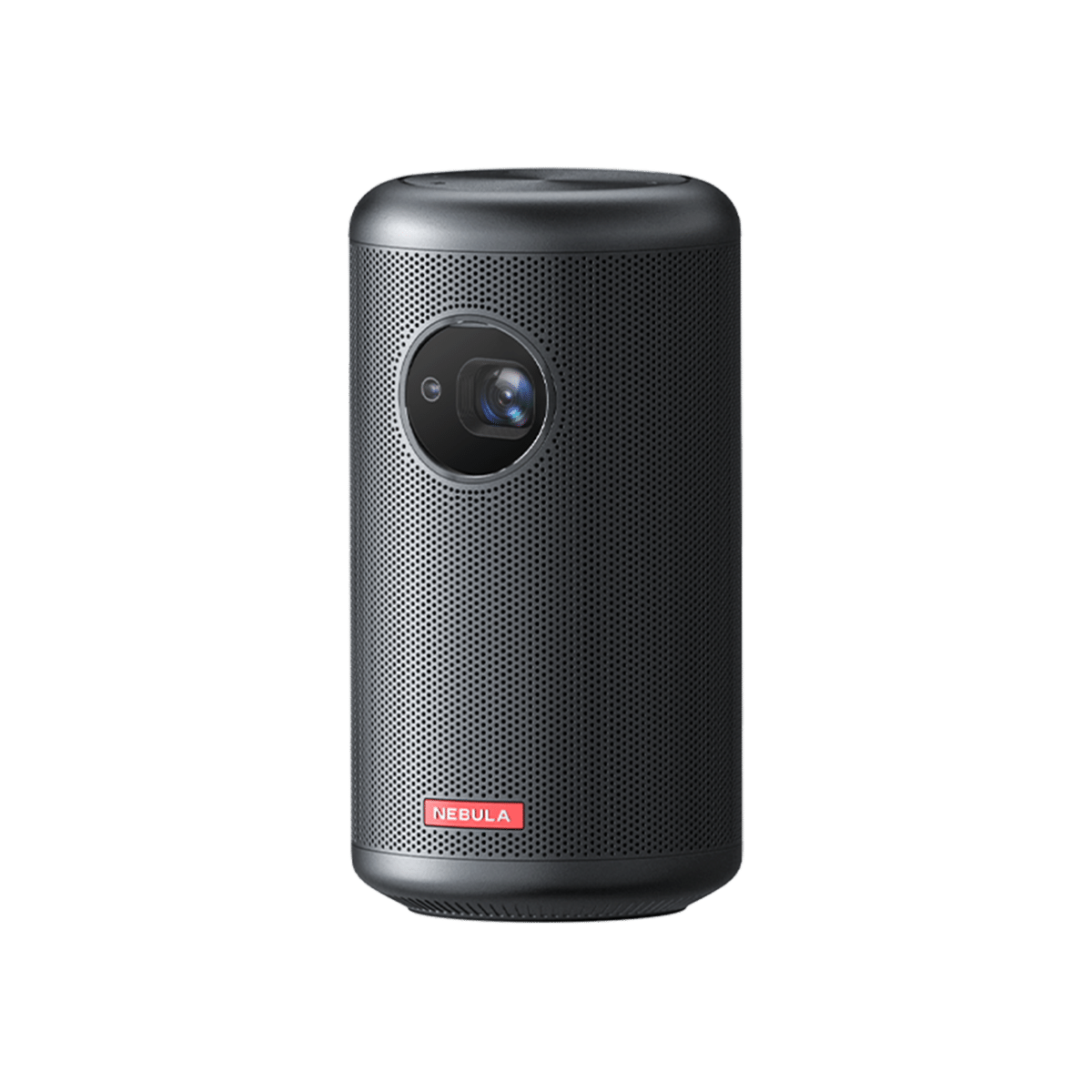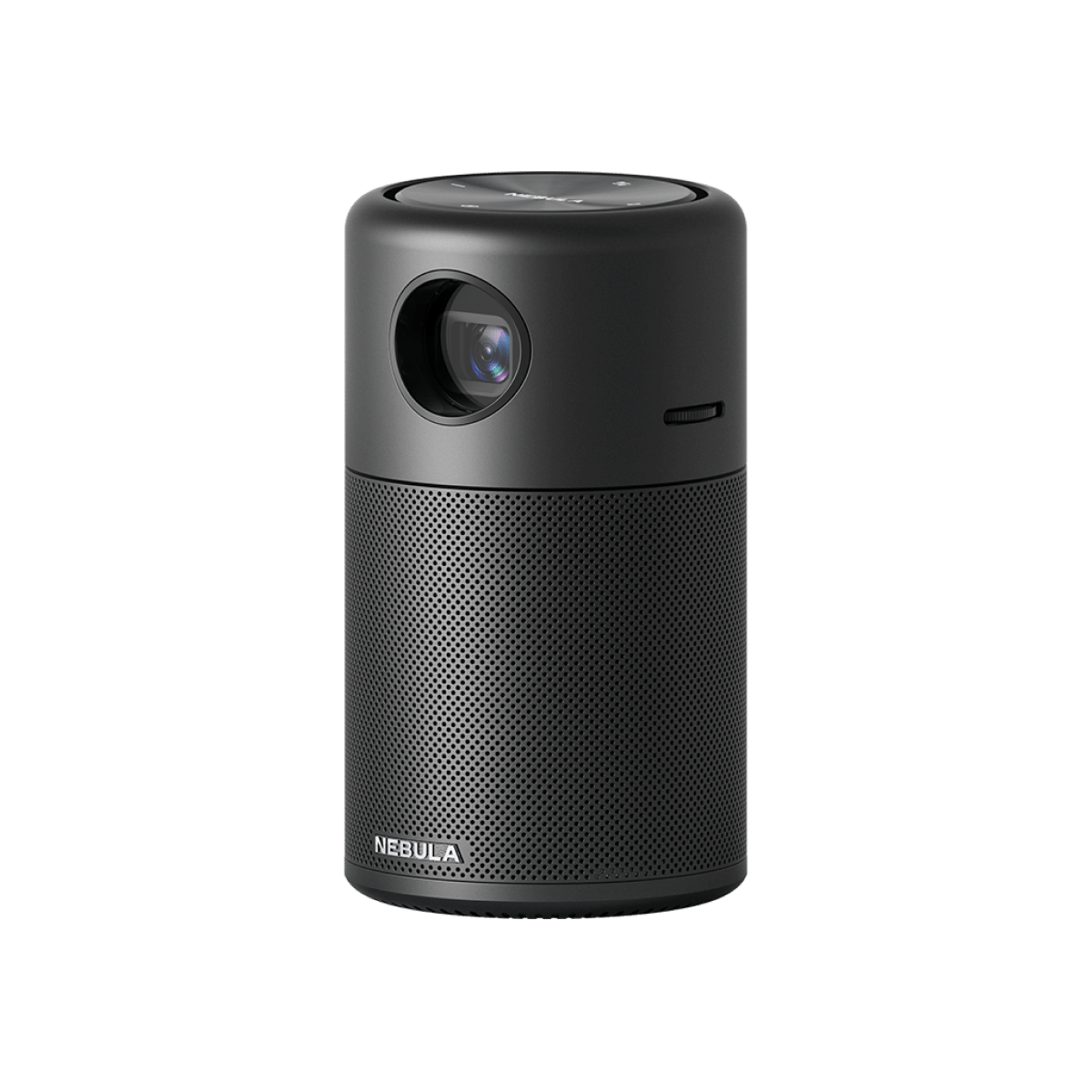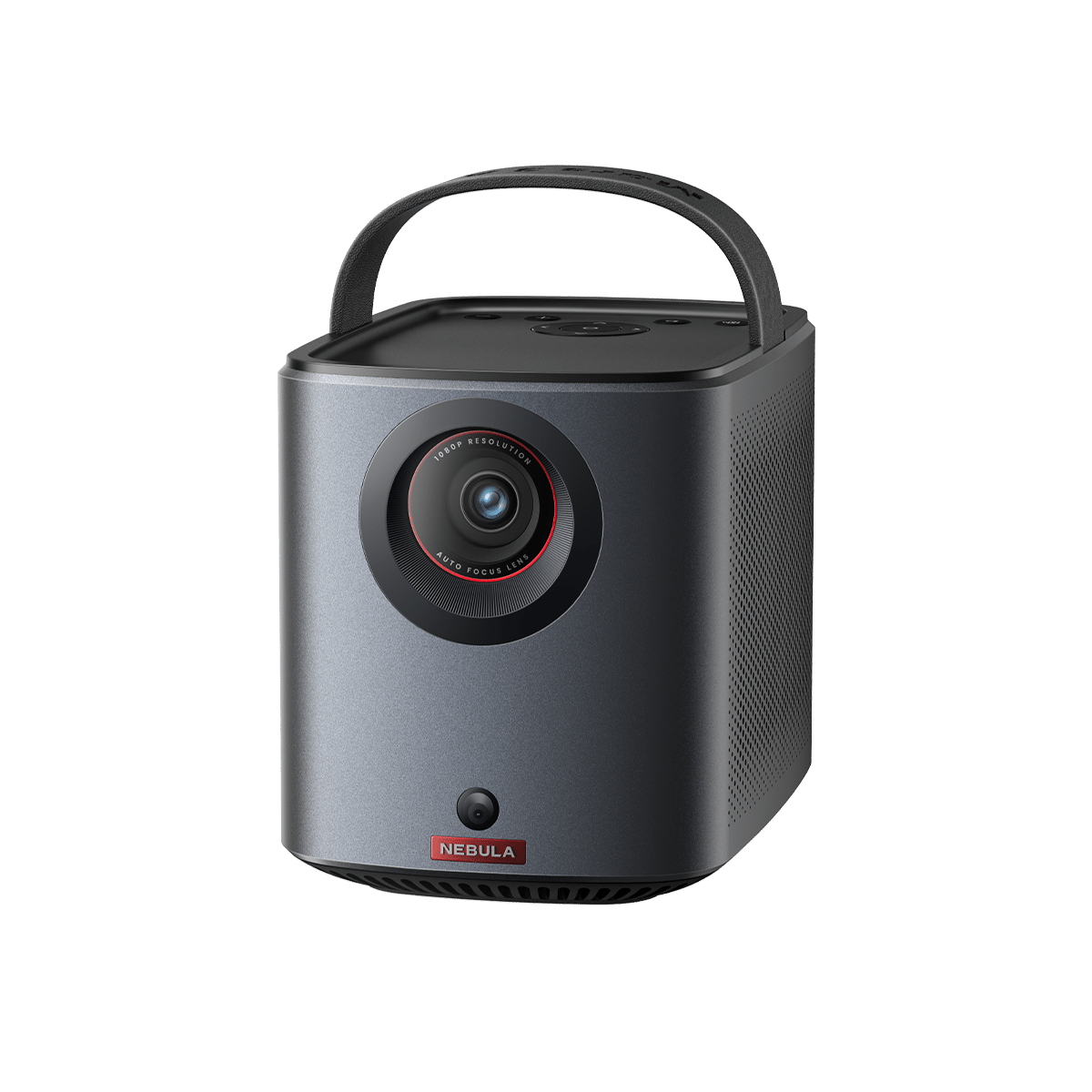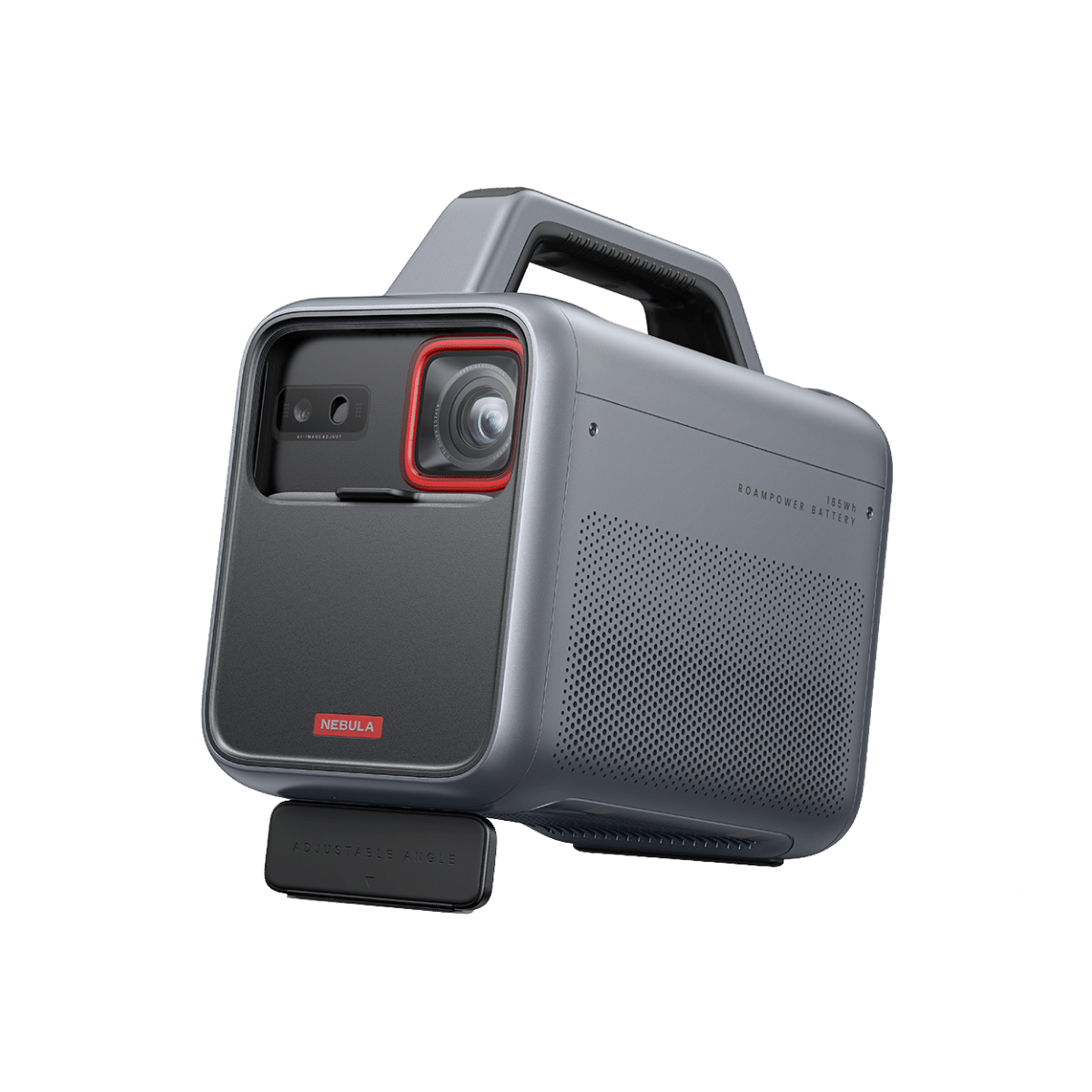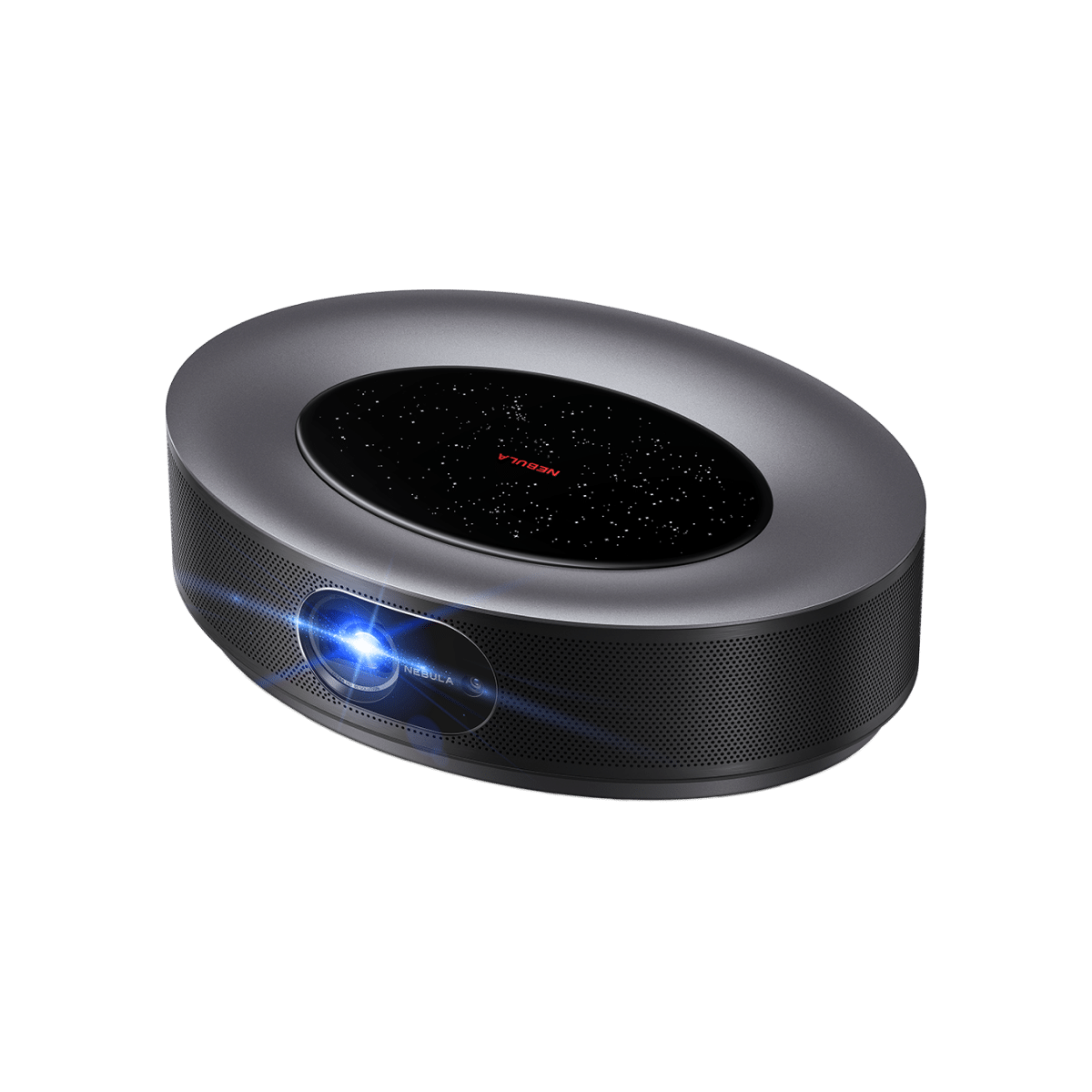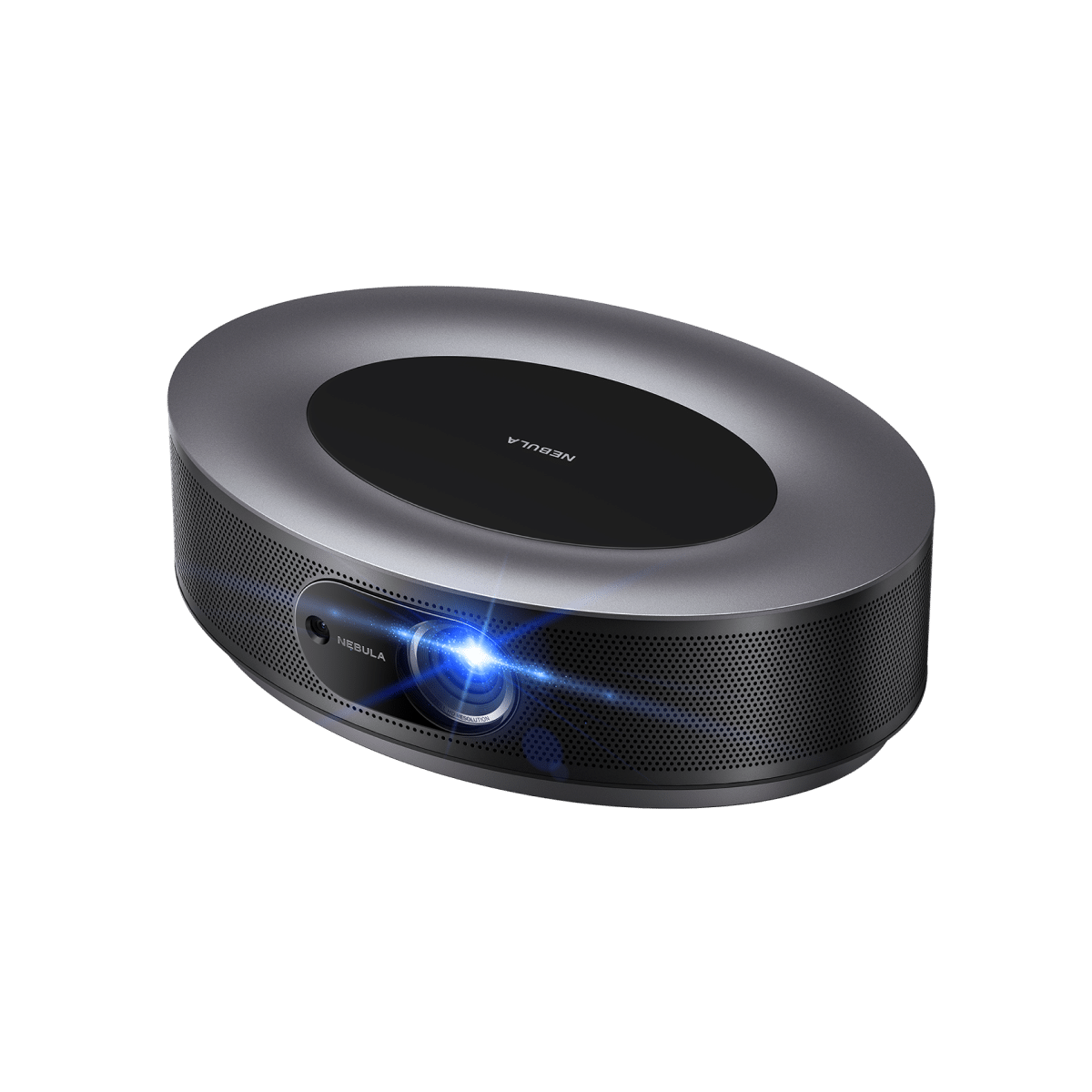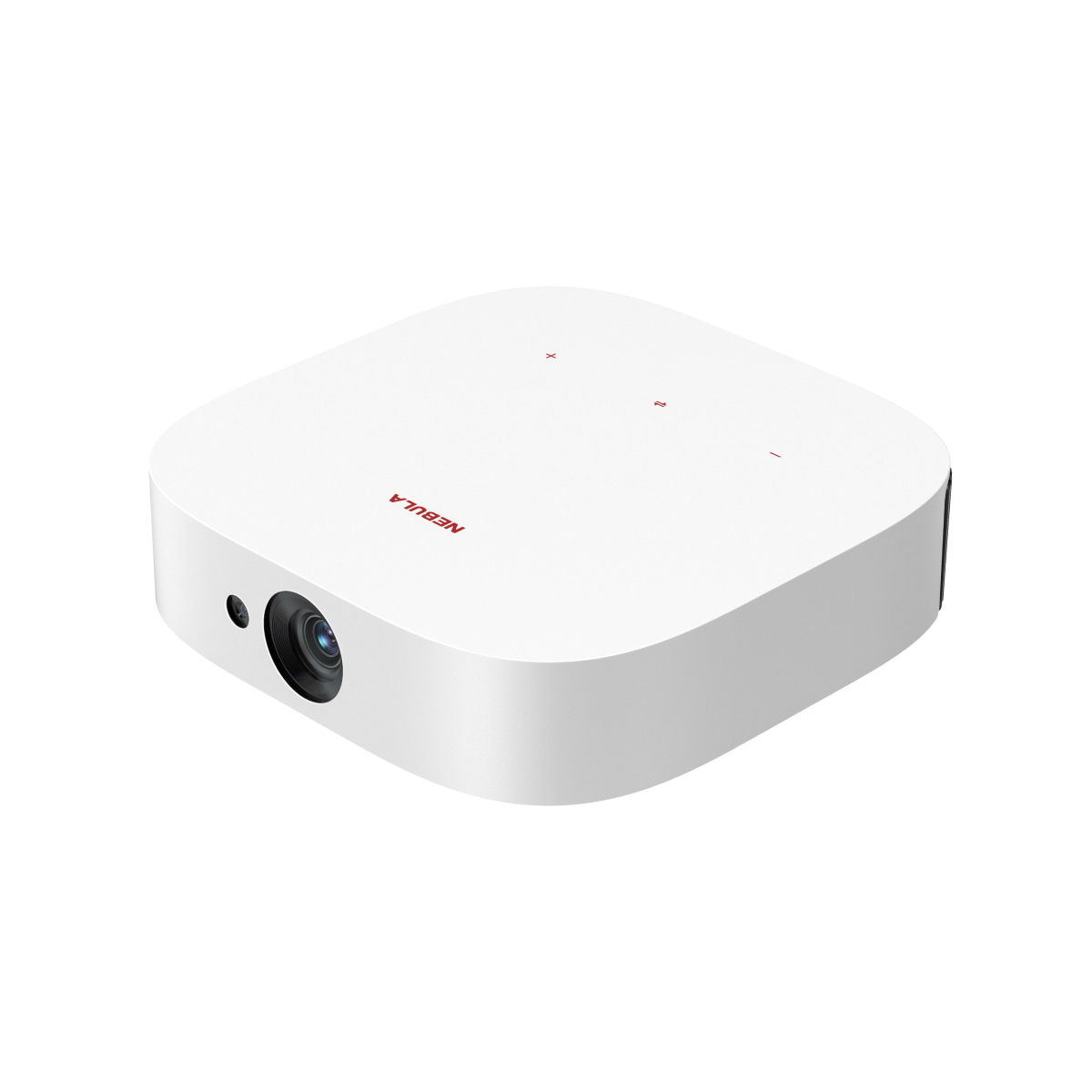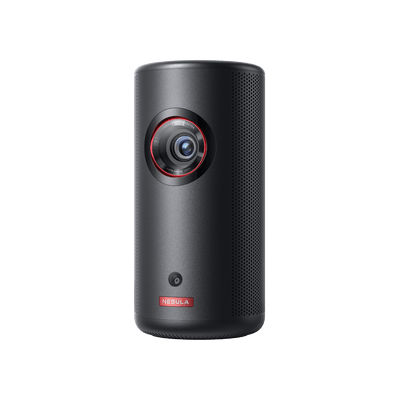The TV landscape has evolved beyond mere channels and remotes, now intertwined with the vast aspects of Google TV vs Android TV.
These platforms, along with the unique tech that is Roku TV, create a complex patchwork of entertainment possibilities. This exploration goes beyond choosing a smart TV platform; it revolves around understanding how each creates its own distinct pattern in the fabric of digital entertainment.
Now, before diving into the Android TV vs Google TV comparison, let's first define each.

What is an Android TV?
Android TV is a version of the Android operating system designed for digital media players. As a unique iteration of Google's Android platform, it's tailored for TV screens. Offering a user-friendly interface, it integrates with various apps and services, much like Android smartphones. Users can download apps from the Google Play Store, stream content from services like Netflix and YouTube, and access a wide array of content.
The system supports voice commands through Google Assistant, allowing for easy search and control of the TV and connected smart home devices. Android TV also offers Chromecast built-in, enabling users to cast content from their mobile devices directly to the TV screen.
What is a Google TV?
Google TV is a more recent smart TV platform from Google, building upon the foundation of Android TV. It's an interface and experience upgrade rather than a complete system overhaul.
Google TV provides a more refined, content-focused user interface, aggregating content from various streaming services into a single, easy-to-navigate view. It emphasizes personalized recommendations and organizes shows and movies across different platforms, making it easier for users to find something to watch.
Google TV also includes features like the Watchlist, where users can add content from their phone or computer to view later on their TV. It retains the core functionalities of Android TV, such as app support, voice search, and Chromecast capabilities, but with an enhanced emphasis on content discovery and user experience.

Similarities Between Google TV and Android TV
While Google TV and Android TV are distinct platforms, they share several similarities. In this section, we'll explore the common features that unite these two popular TV operating systems, shedding light on their shared capabilities and user experiences.
1. Offer App Access via Google Play Store
One of the key similarities between Google TV and Android TV is their access to the Google Play Store. This feature allows users to download a wide variety of apps, including streaming services, games, and utility applications. The presence of the Google Play Store ensures that both platforms offer a broad selection of content and functionalities, catering to a diverse range of user preferences and needs.
2. Support Voice Commands and Smart Home Control
Both Google TV and Android TV support voice commands and smart home control through the integration of Google Assistant. This feature allows users to control their TV and connected smart home devices using voice commands, providing a convenient and hands-free experience.
Regardless if you want to change the channel, adjust the volume, or control smart lights, the voice command capabilities of both platforms streamline the navigation and control process. This shared functionality enhances user convenience, making it easier to manage your entertainment and home environment seamlessly.
3. Have Built-In Chromecast
A significant similarity between Android TV vs Chromecast and Google TV is the inclusion of built-in Chromecast. This feature allows users to easily cast content from their mobile devices directly to their TVs, supporting a wide range of apps and services.
If you prefer to share a video from your phone, cast a presentation, or enjoy a movie from a streaming app, the built-in Chromecast feature in both platforms enhances the content-sharing experience. This functionality adds an extra layer of viewing flexibility, making it easy to transition from small-screen to big-screen viewing seamlessly.
Differences Between Android TV and Google TV
In this section, we'll illuminate the difference between Android TV and Google TV, offering a clear comparison of Android vs Google TV. This analysis will highlight their unique features and user experiences, helping you decide which platform best fits your entertainment preferences.
1. User Interface Design:
While Android TV offers a more traditional, app-centric interface, Google TV introduces a modern, content-driven layout. This difference in design philosophy marks a significant distinction between the two platforms, with Google TV focusing on a streamlined experience that prioritizes content discovery over app navigation.
2. Content Aggregation and Recommendations:
When considering the disadvantages of Android TV, one aspect that stands out is its lack of an advanced content curation system, unlike Google TV. Google TV's recommendation system curates content across multiple streaming platforms based on viewing habits, offering a personalized content discovery experience, which is less pronounced in Android TV.
3. Integration with Google Services:
When considering Is Google TV Android TV in terms of Google service integration, Google TV shows a deeper and more seamless connection, enhancing the user experience. This integration contrasts with Android TV, which, while still connected to Google's ecosystem, doesn't achieve the same level of synergy as Google TV.
4. App Availability:
Both platforms access the Google Play Store, but Google TV integrates these apps into its overall interface more fluidly. Android TV, on the other hand, offers users more direct control over app management.
5. Future Developments and Updates:
The future trajectory of these platforms is also a part of the Google vs Android TV discussion. Google TV is seen as the future of Google's television platforms, focusing on enhancing content discovery and user interface. In contrast, Android TV may focus more on stability and maintaining its current user base, with fewer significant updates expected.
What about Roku TV?
When discussing the landscape of smart TV platforms, Roku TV emerges as a key player alongside Google TV and Android TV. While exploring Google TV vs Android TV vs Roku TV, it's essential to understand where Roku TV stands. Roku TV is known for its user-friendly interface and a vast selection of streaming channels. It differs from Google TV and Android TV primarily in its operating system and user experience. The difference between Google TV and Roku TV lies in their respective ecosystems and integration with other services. Google TV offers deep integration with Google services and a more personalized content recommendation engine, whereas Roku TV prides itself on simplicity and a wide array of apps. In the Android smart TV vs Roku smart TV comparison, Android TV tends to offer more customization options and Google Assistant integration, while Roku TV is recognized for its straightforward, easy-to-navigate interface. Understanding these distinctions helps consumers make informed decisions based on their preferences for content, usability, and smart features.
Best Projector with Android TV 11.0 System: Capsule 3 Laser
The Capsule 3 Laser projector, featuring the Android TV 11.0 system, is a standout in its category. This projector is distinguished by its integration of the latest Android TV technology, offering users a seamless and intuitive interface for accessing a wide range of apps and content through the Google Play Store.
It's designed to improve the user experience with a smart system that brings all the functionalities of Android TV into the realm of big-screen projection.
Key Features:
- Android TV 11.0 System:Integrates the latest in smart TV technology, offering an intuitive and user-friendly experience.
- Wide Range of Apps and Content:Easy access through the Google Play Store, enhancing your viewing options.
- Laser-Bright 300 ANSI Lumens:Ensures clear and vibrant visuals with 1080p Laser HD clarity, making it ideal for various lighting conditions.
- Lightweight and Compact Design:Weighing only 2.1 lb (950 g), it is 90% smaller than similar projectors, offering remarkable portability.
- 52Wh Built-In Battery:Provides up to 2.5 hours of video playback, perfect for uninterrupted movie nights.
- Compatibility with Popular Streaming Services:Includes Netflix, allowing for a wide array of streaming options.
- Hi-Fi Cinematic Sound:Features an 8W Dolby Digital Speaker, delivering high-quality audio for an immersive viewing experience.

Best Projector with Built-In Chromecast: Capsule 3 Projectors
The Capsule 3 projectors stand out for their built-in Chromecast feature. This functionality allows users to effortlessly cast content from their smartphones or computers directly to the projector.
This integration is especially beneficial for those who frequently stream content from various devices, providing a seamless transition from small to large screens. The Capsule 3 projectors cater to a modern, connected lifestyle, making them a top choice for tech-savvy users who value convenience and versatility in their devices.
Key Features:
- Built-in Chromecast:Enables easy casting of content from smartphones and computers, enhancing content sharing.
- Seamless Streaming:Stream effortlessly from various devices, ideal for a modern, digital lifestyle.
- Super-Sized Screen, Portable Design:Projects up to a 120-inch screen, offering a portable cinema experience.
- Next-Level Image Quality:1080p display with 200 ANSI Lumens brightness brings movies to life with immersive visuals.
- Long Playtime:Designed for extended usage, capable of a 2.5-hour movie or 8 hours of music on a single charge.
- Set Up in Seconds:Equipped with Intelligent Environment Adaptation Technology for quick and easy setup, including auto keystone correction and autofocus.
Conclusion
Given the options of Google TV vs Android TV, where do you find your rhythm? Having examined the distinct aspects of Google TV, Android TV, and Roku TV, it's clear that each platform orchestrates its own unique symphony of features.
Perhaps the real question isn't which platform is superior, but which resonates most harmoniously with your personal entertainment ethos. Which platform's melody will guide your next choice in the digital symphony of smart TV?
FAQ
Will the Android TV get updated to Google TV?
Yes, Android TV devices are receiving updates to transition to Google TV. This update enhances the user experience with features like a personalized watchlist, improved voice search, and seamless integration with popular streaming services. Eligibility depends on the device's hardware capabilities and manufacturer support. To find out if your specific Android TV model is eligible, visit Google's support website or contact your device manufacturer for details.
Android TV vs. Roku: What are the differences?
Android TV and Roku have distinct characteristics. Android TV, developed by Google, offers integration with Google services, a broad app selection, and built-in Chromecast for content sharing. Roku, known for its simplicity, offers an extensive channel lineup, making it a user-friendly choice. The decision between Android TV and Roku depends on your preferences. If you favor Google services and customization, Android TV is ideal. Alternatively, if you prefer simplicity and a vast channel variety, Roku is a better fit. Your choice should align with your specific needs and ecosystem preferences.
